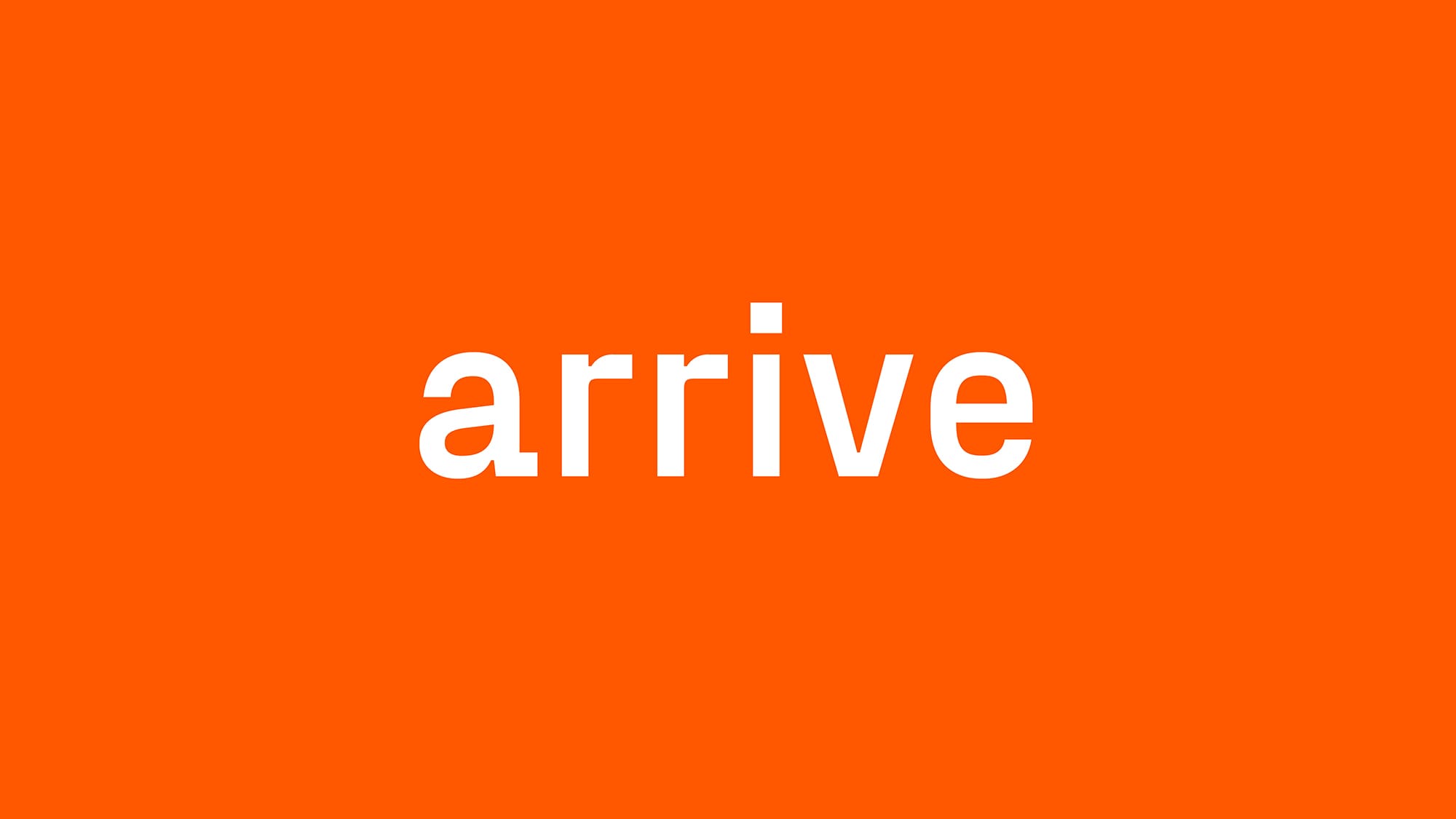

CRM stands for Customer Relationship Management, which is a strategy and set of practices that businesses use to manage their interactions with customers and potential customers. A CRM system is a software platform designed to help businesses manage their customer data, track interactions with customers, and automate various aspects of the customer-facing process.
A CRM system typically includes a database that stores customer information, such as contact details, purchase history, and communication preferences. It also provides tools for managing and analyzing customer interactions, such as lead and opportunity management, customer service and support, marketing automation, and sales forecasting.
By using a CRM system, businesses can improve their understanding of their customers, personalize interactions, and provide better customer service. They can also track sales and marketing activities more efficiently, identify areas for improvement, and make data-driven decisions based on customer insights.
A good CRM system will help you build stronger relationships with customers, streamline processes, and ultimately drive growth and revenue.
There are many CRMs available on the market, and the best CRM for your business depends on your specific needs and requirements. Here are some of the most popular CRMs, based on their features, ease of use, and customer reviews:
Each CRM has its own strengths and weaknesses, and it’s important to evaluate your business needs and try out different options before choosing the one that’s right for you.
Yes, most likely these will work with your sector. However, there are industry-specific CRMs that are tailored to meet the unique needs of different industries. These CRMs typically offer industry-specific features, workflows, and integrations that are designed to support specific business processes and enhance productivity.
Here are some examples of industry-specific CRMs:
Industry-specific CRMs can be a great option for businesses that want to streamline their operations and improve their customer relationships. By using a CRM that is specifically designed for their industry, businesses can benefit from features and integrations that are tailored to their needs, and improve their efficiency and productivity.
The cost of a CRM system can vary widely, depending on the size of your business, the features you need, and the type of deployment (cloud-based or on-premise). Here are some general guidelines for the cost of CRMs:
Free: Some CRMs offer free plans with basic features, which can be a good option for small businesses or startups with limited budgets.
Small business: For small businesses, cloud-based CRMs can range from £10-£50 per user per month, depending on the features included.
Mid-sized businesses: For mid-sized businesses, cloud-based CRMs can range from £50-£150 per user per month, depending on the features included.
Enterprise: For larger enterprises, the cost of a CRM system can vary widely, depending on the number of users and the complexity of the system. Some enterprise-level CRM systems can cost thousands of pounds per month.
In addition to the monthly or annual subscription fees, businesses may also incur additional costs for implementation, customization, and integration with other systems.
The cost of a CRM system depends on many factors, and it’s important to evaluate the features and benefits of different options before choosing the one that’s right for your business. It’s also important to consider the long-term costs of a CRM system, including training, support, and maintenance, in addition to the upfront costs.


